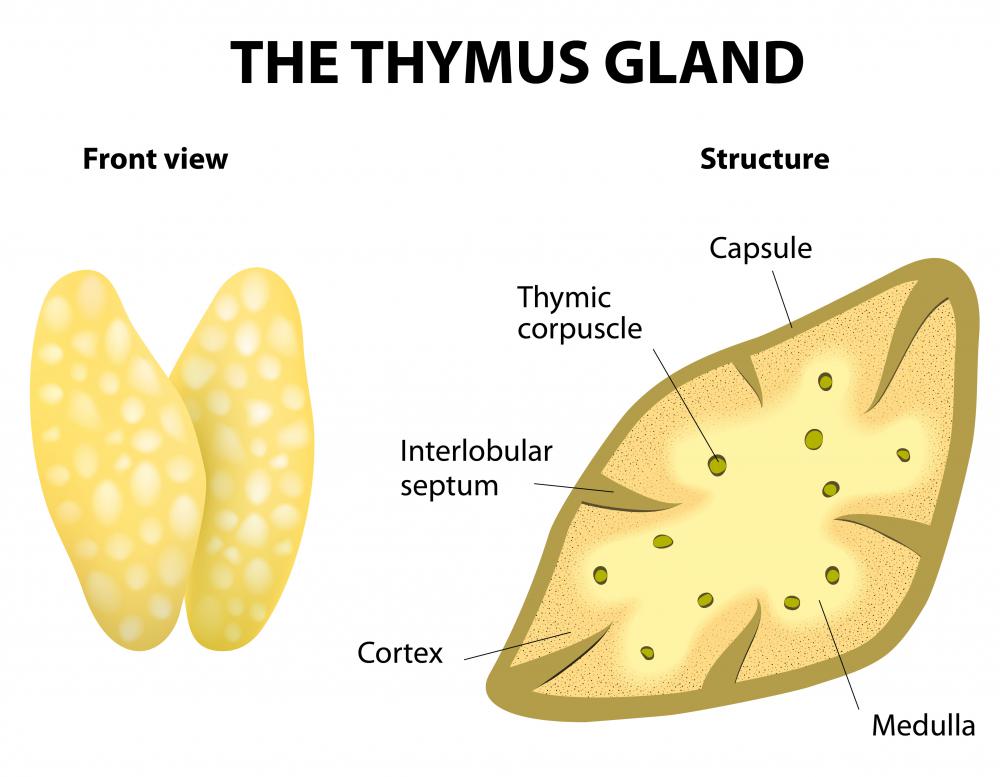At WiseGEEK, we're committed to delivering accurate, trustworthy information. Our expert-authored content is rigorously fact-checked and sourced from credible authorities. Discover how we uphold the highest standards in providing you with reliable knowledge.
What is Reproductive Endocrinology?
Reproductive endocrinology is a medical specialty which focuses on the treatment of people with reproductive disorders. This field of medicine is a subspecialty of obstetrics and gynecology. People who see specialists in this field are usually hoping to get help with fertility problems, but reproductive endocrinologists may also treat people with issues such as sexual dysfunction or a menstrual disorder.
The field of reproductive endocrinology combines reproductive medicine and endocrinology, which focuses on organs of the endocrine system and the hormones they produce. The ovaries and testicles are both considered to be organs of the endocrine system, along with the pineal and pituitary glands, the thyroid, thymus, adrenal glands, and pancreas. Together these organs secrete a large number of hormones that regulate metabolism, growth and development, puberty, and reproduction.

Couples who are trying to overcome infertility issues that prevent pregnancy will often see a reproductive endocrinologist, but these specialist doctors may also treat people who are younger or older than reproductive age. Reproductive endocrinologists can deal with issues such as menstrual disorders, menopause, hormonal imbalance, sexual dysfunction, pregnancy loss, and infertility. Reproductive endocrinology encompasses a wide array of medical treatments and procedures, including reproductive surgery, hormonal treatment, and in vitro fertilization techniques.

A large proportion of people who consult a reproductive endocrinologist have fertility problems that are either prevention conception, or preventing a woman from carrying a pregnancy to term. In these cases, the physician must diagnose the problem that is reducing fertility before helping his or her patient choose how to treat the problem. Often, a patient will have multiple options for trying to conceive, so a reproductive endocrinologist must help them make an informed choice.

Reproductive endocrinology techniques for treating fertility problems are no longer limited to in vitro fertilization. Many new techniques have been developed which offer alternative ways to conceive, including intrauterine insemination, in which sperm is treated in vitro to enhance its fertility before being introduced into the uterus via a catheter. Another alternative is known as zygote intrafallopian transfer. In this technique, eggs are removed from the ovaries and fertilized in vitro, then deposited into the fallopian tubes.

The field of reproductive endocrinology also encompasses a wide range of disorders that are not solely related to fertility, but can have negative effects on general health as well as reproductive health. One example of such a condition is polycystic ovary disease. This disease is associated with a number of chronic health problems, including type 2 diabetes, heart disease, abnormal lipid metabolism, high blood pressure, and endometrial cancer, in addition to infertility.
AS FEATURED ON:
AS FEATURED ON:
















Discuss this Article
Post your comments